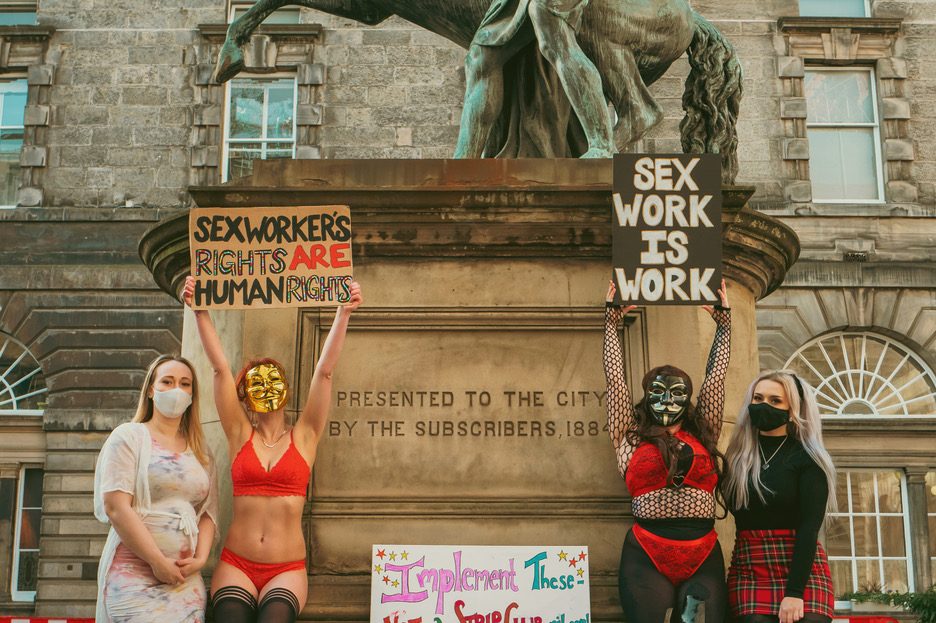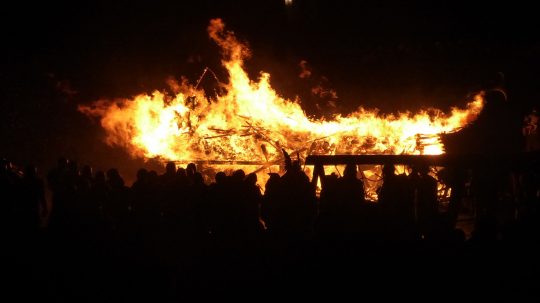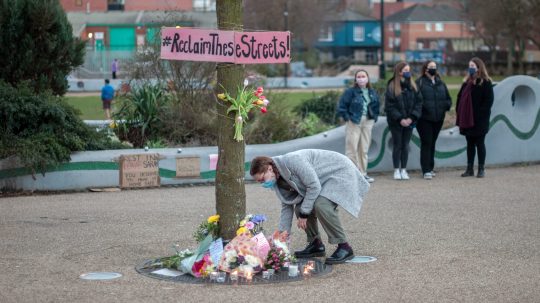A group affected by a ban on strip clubs in Edinburgh is calling for legal action as they state their right to choose where to work under Article 23 of the Universal Declaration of Human Rights may be violated. Additionally, the right against indirect gender discrimination under Section 19 of the Equalities Act 2010, may also be at risk of being violated.
On 31 March, Edinburgh Council voted to introduce a ‘nil-cap’ policy (ban) on strip clubs in the city. Councillors decided to ban such venues in the city, despite warnings from fellow councillors that they could face legal action over a decision which ‘would just drive activities underground’.
United Sex Workers are calling for legal challenges against strip club bans across the UK, starting with a judicial review of the decision taken by Edinburgh City Council.
⚠️ We are crowdfunding to launch an urgent legal challenge against Edinburgh’s strip club ban, because strippers deserve worker protections & safe workplaces ⚠️
But we can’t win this fight without your help.
Save our clubs, save our jobs – donate now: https://t.co/BX1rHVjiYP pic.twitter.com/9hZ905Bhmo
— United Sex Workers (@unitedswers) June 2, 2022
Nil-cap policies set the number of licences available for strip clubs at zero. They have been adopted by other councils, such as Chester and Swansea.
Fear of being pushed into poverty
In the UK, it is legal to work in a strip club which is licensed as a ‘late night refreshment venue’, or, more specifically, as a ‘Sexual Entertainment Venue’ (“SEV”), through “SEV licensing powers”. Through statutory amendments, these powers were introduced in Scotland in 2015 and everywhere else in the UK in 2009.
We spoke to several women opposing Edinburgh Council’s nil-cap policy, who have chosen to remain anonymous.
Woman One expressed a fear of not being able to pay for her and her family’s bills, should the ban be introduced. “I have been a stripper for 19 years. I am a single mother to a three-year-old in Edinburgh. I have no family to help with childcare and my daughter is only entitled to free childcare for six hours, four days a week, preventing me from working in most jobs. If I cannot work as a stripper, I will be unable to pay my bills and we will be pushed into poverty.”
The council say they are concerned about women’s safety
Some members of the council believe that introducing a cap or potentially a ban would prevent violence against women and girls (VAWG) and may protect workers against modern slavery and forced labour under Article 4 of the HRA.
However, by removing regulation altogether, there are concerns that women will be forced to work in unregulated premises, where they may face a greater risk of violence and exploitation.
One woman we spoke to voiced her frustration at the council for not hearing the voices of women who are affected. Woman Two stated: “If the council is truly concerned about women’s safety, it should listen to the dancers, because dancers will be able to tell you what we need for our own safety.”
In March, Glasgow City Council agreed to ban new strip clubs from opening by setting the limit at zero. However, three existing premises which were operating before 24 March last year have been told they will be able to continue under a ‘grandfather clause’.
Speaking about what will happen if the ban in Edinburgh takes full effect, another woman, referred to as Woman Three, stated: “For our members in Edinburgh, this means that they must decide whether they will continue to work independently at private parties and without protection, work in a different industry that does not give them the flexibility and earning potential they need, or move to a different city. It is not merely an ideological issue: these are our livelihoods.”
A disregard for legal obligation
Councils are required under The Public Sector Equality Duty (PSED) to give “due regard” to objectives such as the need to eliminate discrimination and tackle prejudice. They must do this with “rigour” and in a manner that means “consideration will influence the final decision”. This process commonly takes the form of Equality Impact Assessments.
One woman we spoke to highlighted that the council may be disregarding its legal obligation by adopting a policy that largely impacts women.
An individual referred to as Woman Four stated: “The union (United Sex Workers) is extremely disappointed that the council has chosen to disregard its legal obligations and the relevant evidence by adopting a policy that discriminates against women. Not only does this violate the Equality Act 2010, but it is also an act of cruelty to remove the livelihoods of hundreds of workers as we enter the worst economic crisis since the 1970s.”
Nil-cap policies may constitute indirect gender discrimination. Section 19 of the Equalities Act 2010 prohibits indirect discrimination against those with a protected characteristic – in this case, women.
A spokesperson from Edinburgh Council stated: “It’s important to note that SEVs can still apply for a licence and the committee would consider them against the policy agreed.”





